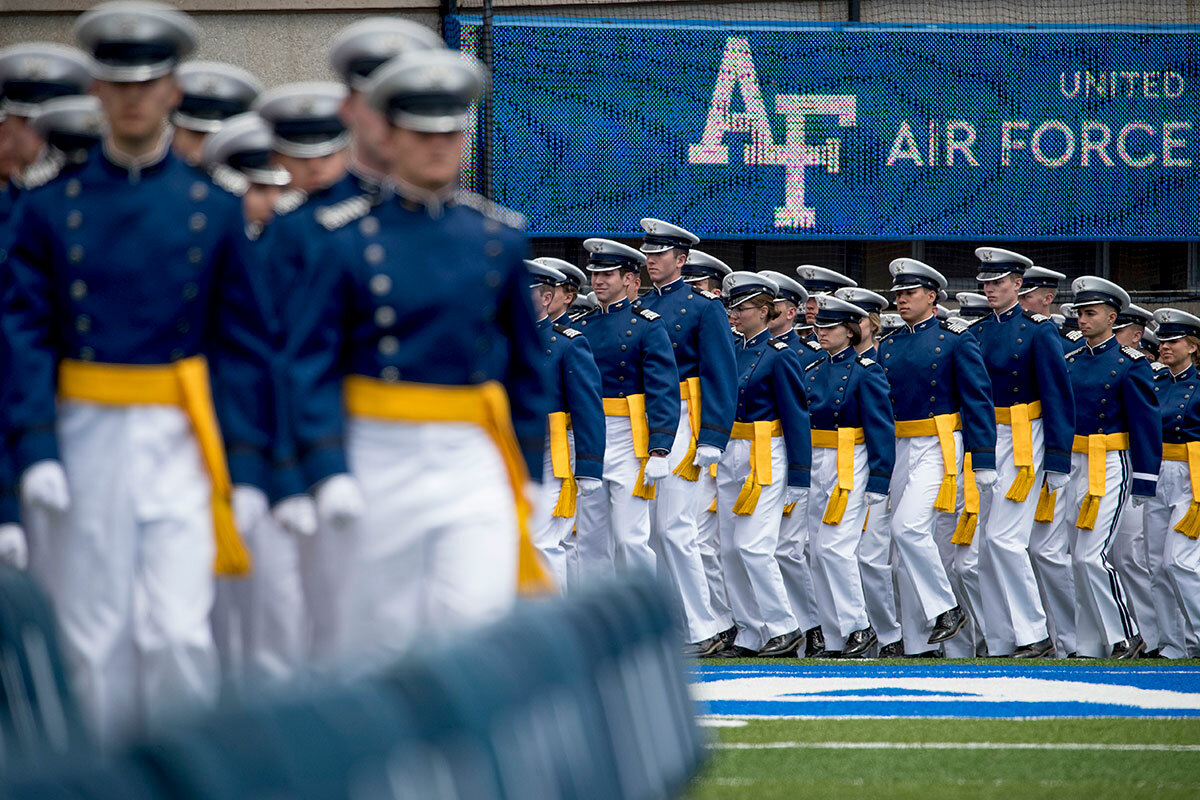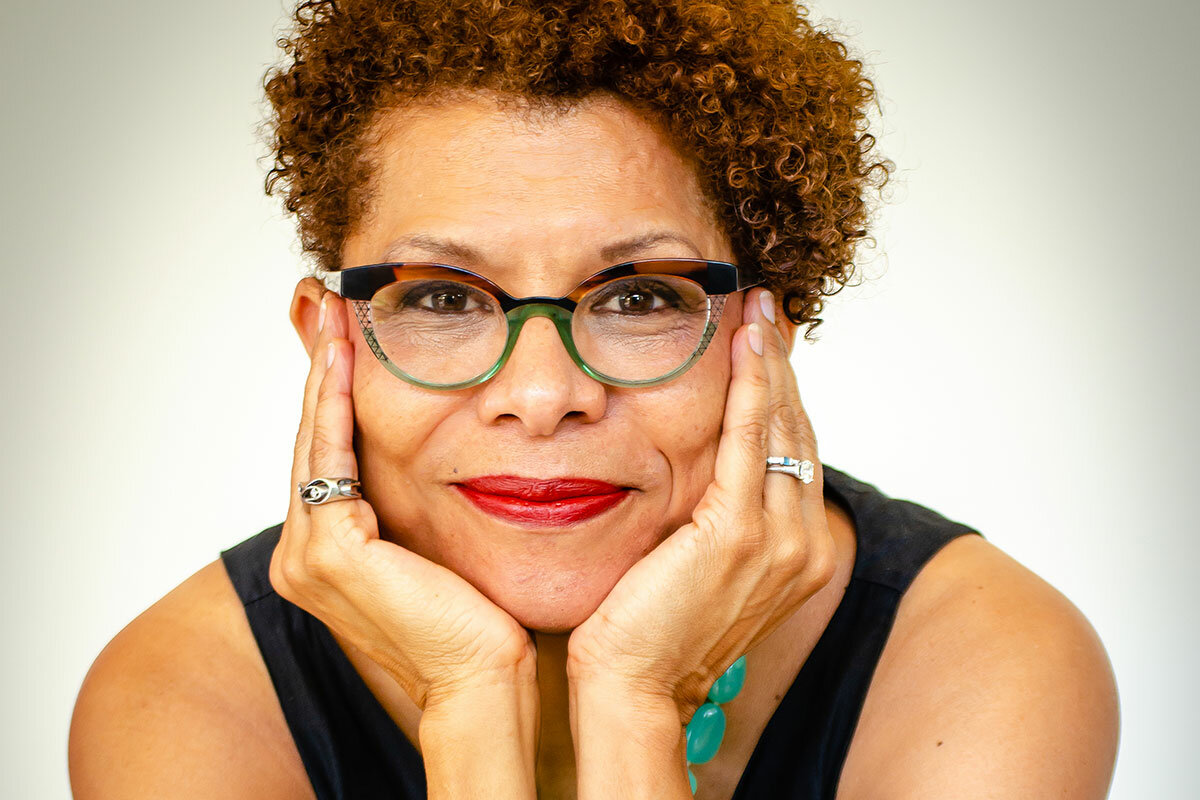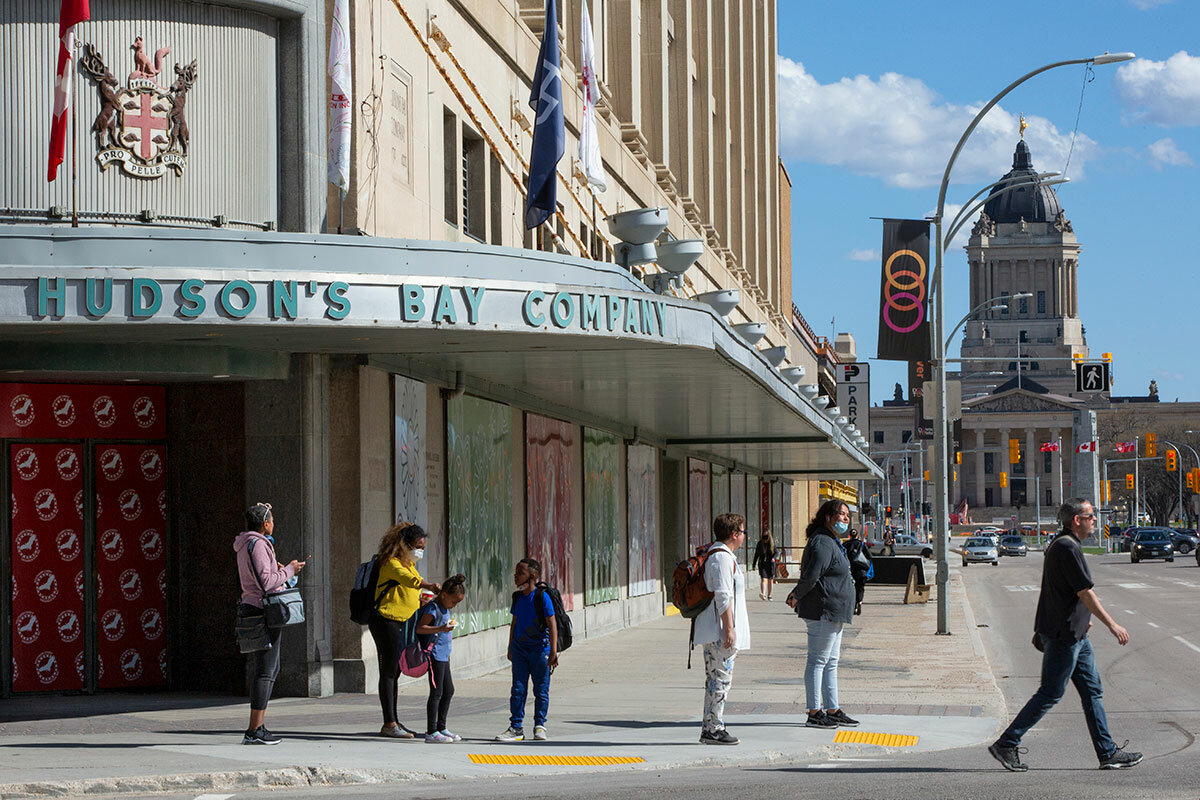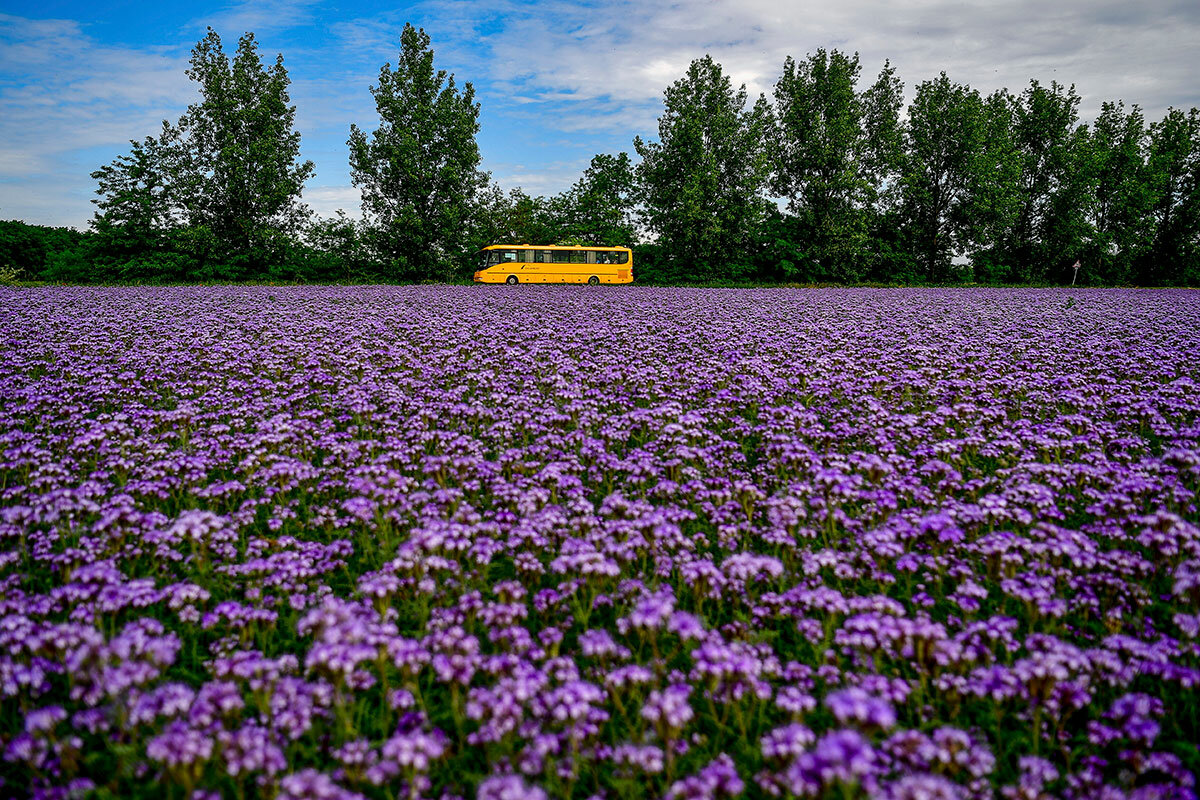Republicans are fielding a small but increasing number of diverse candidates. The strategy is showing signs of success. The question is how far it will go and how much it might change the party.
Monitor Daily Podcast
- Follow us:
- Apple Podcasts
- Spotify
- RSS Feed
- Download
 Mark Sappenfield
Mark Sappenfield
Lucy Harper wants Americans to think about their country differently. She has taught classes and led workshops from Florida to Illinois, all to instill the conviction that America is not a political prize to be fought over, but an idea to be fought for.
Recently, it has felt like an uphill battle. So this week, she and her colleagues are going to try something different. They’re going to make their case through a play.
Ms. Harper is a Monitor reader, and I occasionally like to highlight the things Monitor readers are doing to support and heal their communities, so I talked with her recently. Her goal is to help Americans look at their country through the lens of values – freedom and equality, common wealth and private wealth, unity and diversity, to name a few. How citizens find the balance between these essential but conflicting values determines the nation’s character and direction.
But recently, hyperpolarization has disturbed this balance. That’s the inspiration for the play – to find a new way to break through entrenched ideological lines. In the play, renowned thinkers in American history – from Thomas Jefferson to Elizabeth Cady Stanton – come together and debate what makes America special. The play opens at Principia College in Elsah, Illinois, this weekend, with plans for it to move to the University of California, Berkeley in the fall.
“It’s about seeing this as a country of good people,” Ms. Harper says. “There’s plenty of evidence to the contrary, but we jolly well better see [the good in] people ..., giving people the room to grow – including ourselves.”










